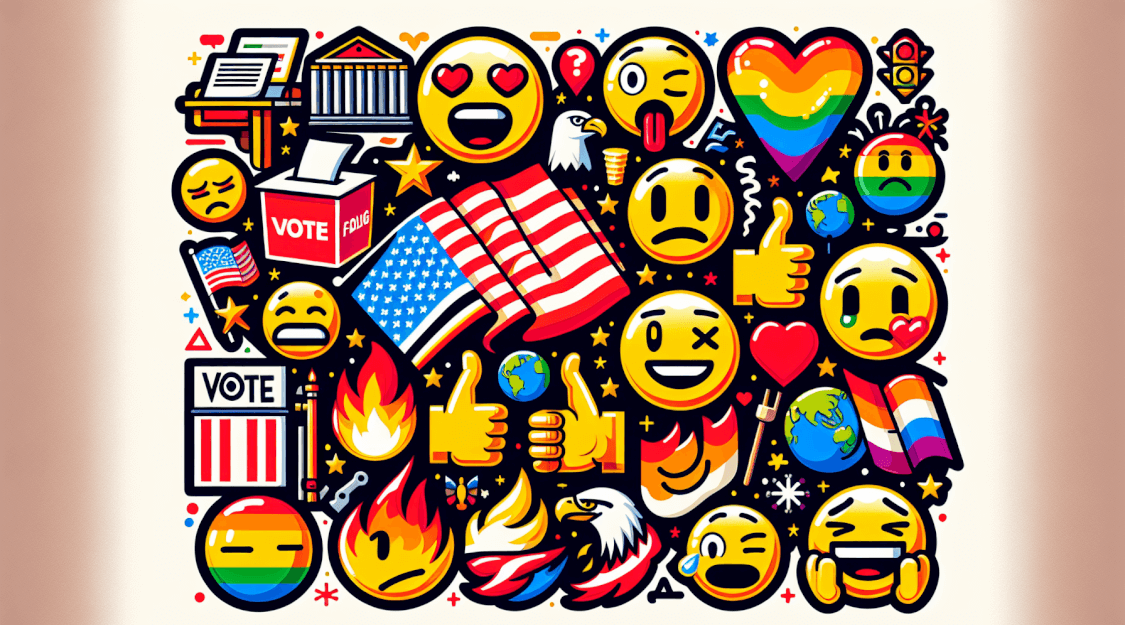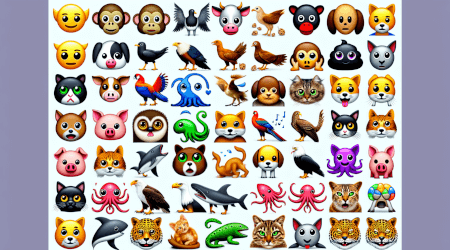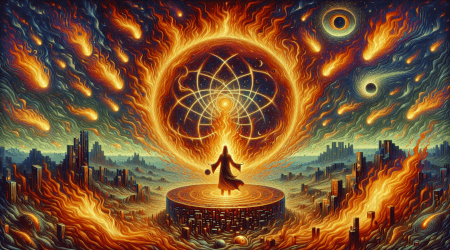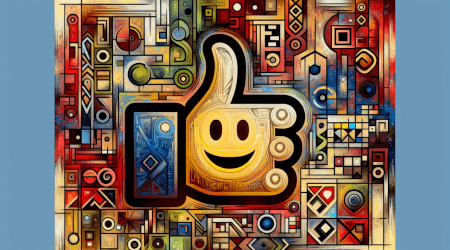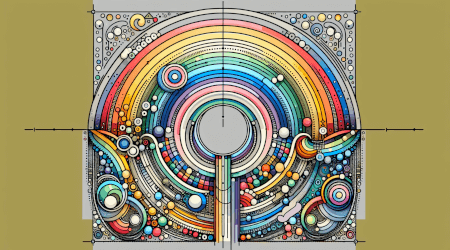Emojis in Politics: A New Means of Communication
In the world of politics, every character has a purpose, every word carries weight, and now, every emoji seems to hold sway. Welcome to the age where those tiny, colorful icons you use to punctuate a casual text message are becoming instrumental in shaping political discourse. Whether it’s a thumbs up 👍 symbol as a sign of endorsement or the bewildered face 😕 to show opposition, emojis are becoming a staple in political communication.
The Rise of Digital Diplomacy
Once upon a time, diplomatic cables and formal letters were the primary tools for political communication. Fast forward to today, and we have tweets, Instagram posts, and Facebook updates, often accompanied by expressive emojis. Politicians use emojis to convey a multitude of sentiments without the need for lengthy explanations, engaging a younger, tech-savvy audience while still getting their point across. Imagine the American Eagle 🦅 standing for patriotism, or the Earth 🌍 symbol for global unity. It’s like speaking a universal language—simple yet powerful.
The Tactical Emoji
One can’t help but marvel at the strategic adoption of emojis by political figures. During campaigns, emojis become a tool for instant reactions and quicker, less formal responses. A simple wink 😉 can humanize a politician, while fire emojis 🔥 can express enthusiasm for a policy or event. Emojis also offer a way to circumvent character limits on platforms like Twitter, packing more emotion into fewer characters. It’s politics with a touch of flair, a bit of art in the midst of serious discourse.
The Subtleties and Nuances
The beauty of emojis in politics is their ability to subtly shift conversations. Emojis like the facepalm 🤦 can hint at disagreement without resorting to harsh words, leaving much to interpretation. Flags 🚩🏳️🌈 can signify national and social identities, while simple icons like the ballot box 🗳️ can remind followers of their duty to vote. Besides being symbols, they become conversational cues, mini-statements that set the tone for public interaction.
Controversies and Misinterpretations
However, with great power comes great responsibility. The simplicity of emojis can sometimes lead to misinterpretations. An emoji intended to be humorous may come off as dismissive or insensitive to some. For instance, the laughing face 😂 can cause uproar if used inappropriately during serious discussions. Thus, both politicians and their audiences must tread carefully, ensuring that emojis add value rather than fueling disputes.
The Future of Emojis in Politics
It’s safe to say emojis aren’t going anywhere; they’re here to stay and continue evolving. With the rapid growth of digital communication, it will be fascinating to see how emojis will further engrain themselves in political campaigns and public statements. Who knows? Future parliamentary motions might come with their own set of emojis, signaling their importance and intended public impact.
In summary, while we may still rely on words to convey complex policies and legislative plans, emojis offer an unexpected but not unwelcome layer to political discourse. They’re the spice in the democratic soup, adding flavor, sparking interest, and making political communication a tad more relatable and engaging for everyone involved.

